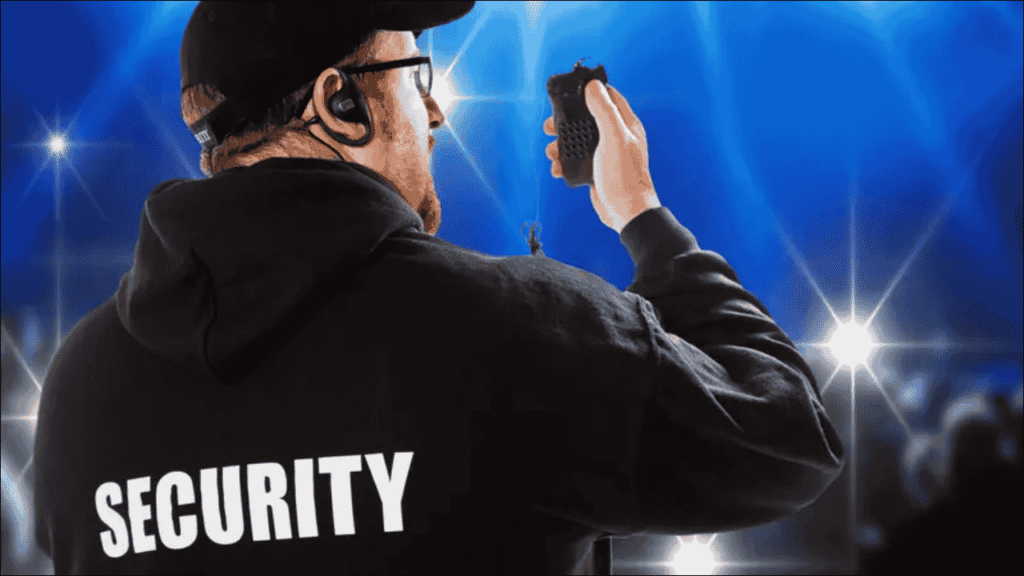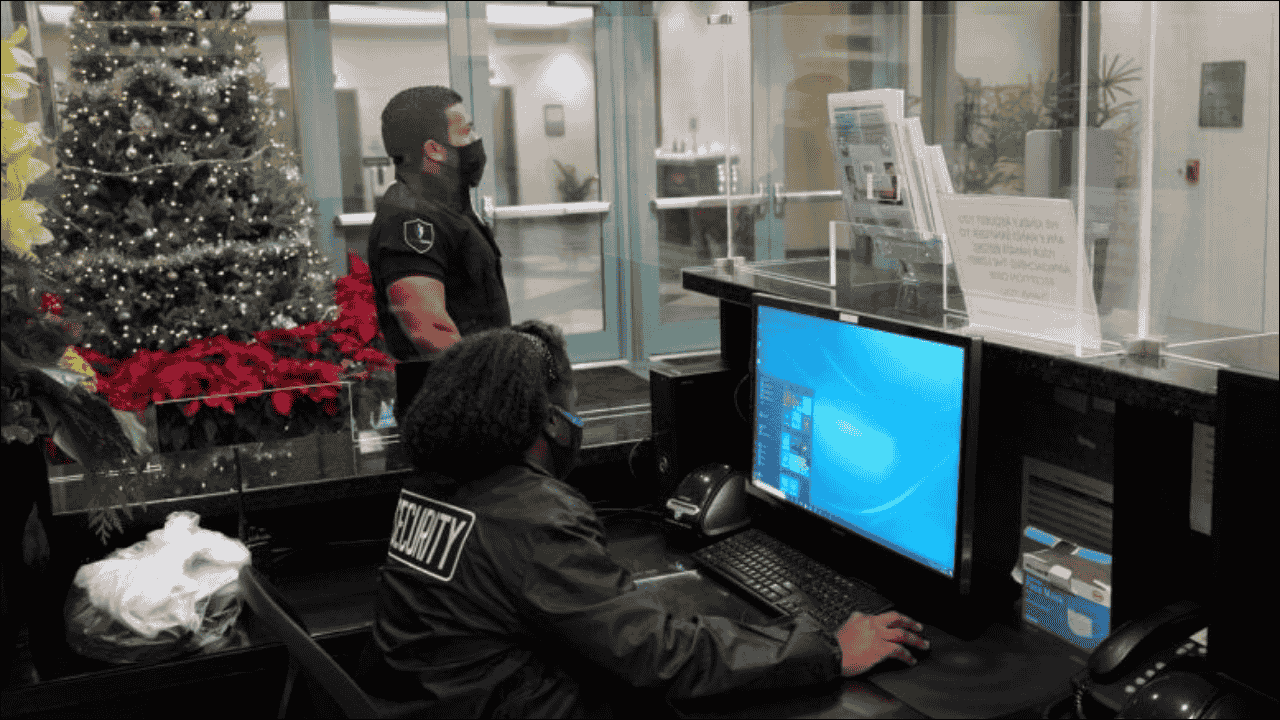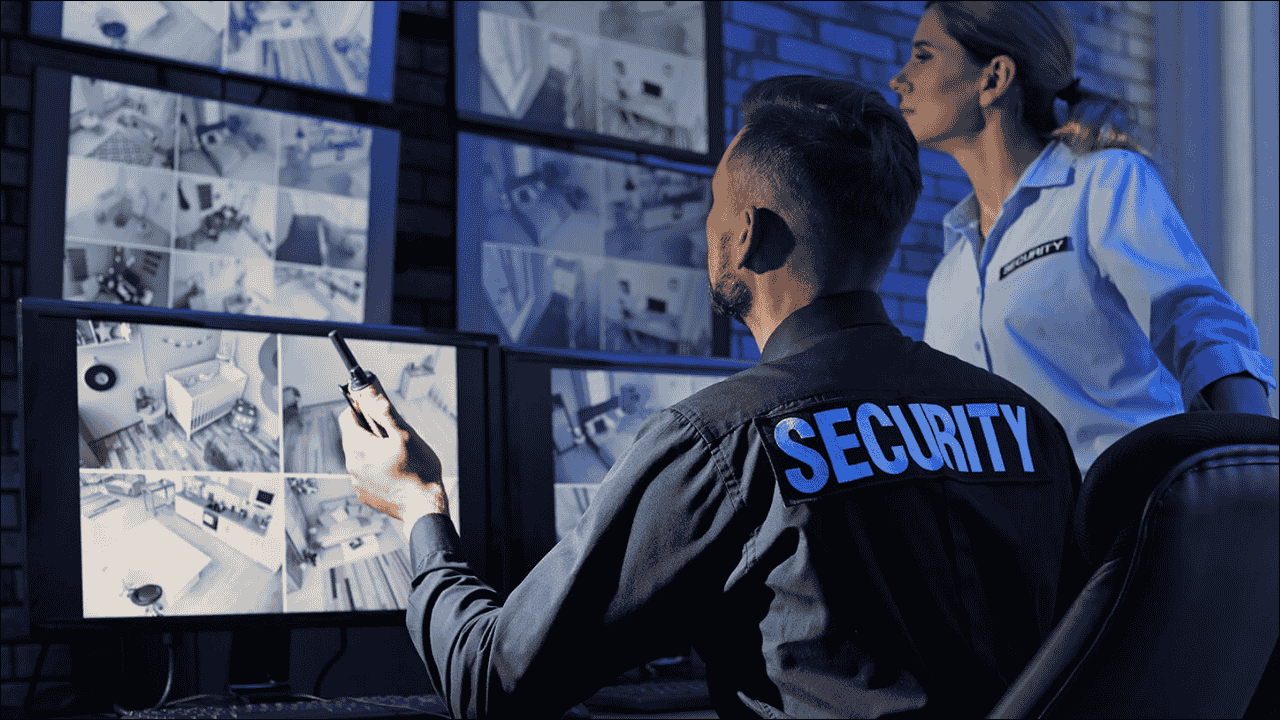
Hiring trained and trustworthy security personnel is one of the most important steps in maintaining public and private safety. Security guards work in offices, schools, banks, malls, hospitals, and many other places. Every country and organization has strict rules before hiring them. These include background checks and mandatory training. A proper background verification ensures safety and discipline, while training prepares the guard for real-life situations. This article provides a detailed look at how background checks and training help in choosing reliable and skilled security staff.
Table of Contents
Background Checks for Security Personnel
Background checks are the first step before a person is hired as a security guard. These checks are done to confirm if the applicant is honest, safe, and suitable for the job.
- Criminal History Verification
- Police records are checked to make sure the person has no criminal background.
- Any involvement in theft, violence, or fraud is considered a red flag.
- Identity Proof and Address Check
- Valid ID proof, such as an Aadhar Card, Voter ID, or Passpor,t is verified.
- Present and permanent addresses are checked to confirm residence.
- Past Employment Verification
- Previous employers are contacted to confirm behavior and work performance.
- Gaps in employment history are also examined.
- Education and Certification Validation
- Educational documents are verified for authenticity.
- Any fake certificates can lead to disqualification.
- Drug and Medical Tests
- Drug tests ensure the candidate is not using illegal substances.
- Medical tests confirm physical and mental fitness.
- Police Clearance Certificate (PCC)
- Some companies demand a PCC issued by the local police station.
- This certificate shows that the person has no pending legal issues.
Types of Background Checks and Their Importance
| Type of Check | Purpose |
|---|---|
| Criminal Record Check | Confirms clean legal history |
| Identity Verification | Matches name, age, and identity proof |
| Address Verification | Confirms residential stability |
| Employment History Check | Ensures an honest work record |
| Education Check | Confirms qualifications are valid |
| Police Clearance Certificate | Ensures a law-abiding background |
| Drug and Medical Screening | Confirms physical and mental readiness |
Training Requirements for Security Personnel
Training prepares security guards to manage emergencies, follow laws, and respond professionally. Training depends on the type of duty and the employer’s expectations.
- Basic Security Guard Training
- Teaches the duties and roles of a guard.
- Includes standing posture, saluting, and handling minor conflicts.
- First Aid and CPR
- Guards learn how to help people during injuries or heart attacks.
- Emergency steps until medical help arrives are taught.
- Fire Safety and Emergency Evacuation
- Training includes how to use fire extinguishers.
- Guards practice helping people exit buildings during emergencies.
- Surveillance Techniques
- Guards learn how to monitor CCTV and recognize suspicious behavior.
- Also includes communication with law enforcement if needed.
- Physical Fitness Training
- Involves daily physical exercise routines.
- Helps guards stay alert and active during duty hours.
- Law and Ethics
- Guards are taught about local laws and legal limitations.
- Ethical behavior and respect for others are part of this module.
- Soft Skills and Communication
- Guards learn how to speak politely with visitors and staff.
- Conflict management and reporting skills are developed.
Important Training Modules
| Training Area | Topics Covered |
|---|---|
| Basic Guard Training | Roles, responsibilities, reporting |
| Emergency Response | First aid, CPR, fire drills |
| Surveillance | CCTV monitoring, patrolling techniques |
| Legal Knowledge | Local laws, rights, procedures |
| Physical Training | Running, obstacle training, fitness drills |
| Communication Skills | Speaking, writing, and handling difficult people |
| Ethics and Conduct | Integrity, respect, discipline |
Additional Certifications and Specialized Training
- Armed Guard Training
- Required for guards who will carry firearms.
- Includes weapon handling and legal instructions.
- VIP or Executive Protection
- High-level training for protecting VIPs or business executives.
- Involves planning routes, vehicle security, and threat detection.
- Cybersecurity Awareness
- Training helps guards understand how to protect digital assets.
- They learn how to prevent unauthorized access to computer systems.
- Disaster Management
- Prepares guards to deal with natural disasters, riots, or major accidents.
- Includes evacuation planning and crowd control.
Licensing Requirements by Region
| Country/Region | Training Hours Required | Licensing Authority |
|---|---|---|
| India | 160 hours | Private Security Agencies Regulation Act (PSARA) |
| United States (varies by state) | 8–40 hours | State licensing boards (e.g., BSIS in California) |
| United Kingdom | 38 hours | Security Industry Authority (SIA) |
| Australia | 120 hours | State or Territory Police Licensing |
| Canada | 40 hours | Provincial Security Programs |
Role of Government and Private Institutions
- Government Regulation
- In India, PSARA regulates security guard licensing and training.
- The government ensures guards are trained and verified by registered agencies.
- Private Security Agencies
- Many agencies provide training as per government guidelines.
- Some agencies offer placement support after training.
- Online and Offline Training Options
- Offline sessions include classroom training and field practice.
- Online modules help working professionals upgrade their skills.
Benefits of Proper Checks and Training
| Benefit | Explanation |
|---|---|
| Increased Trust | Clients feel safe with well-trained and verified guards |
| Better Emergency Handling | Trained guards act quickly and correctly during crises |
| Legal Compliance | Organizations avoid legal trouble by hiring verified staff |
| Improved Professional Image | Uniformed and polite guards improve brand reputation |
| Safer Work Environments | Trained guards prevent crimes and protect property |
Summing Up
Strong background checks and structured training programs form the base of a reliable security system. These processes not only protect the hiring organization but also ensure that guards are skilled and law-abiding individuals. With rising threats in society, the demand for responsible and trained guards continues to grow. A well-checked and properly trained guard can make a real difference in keeping people and property safe.





